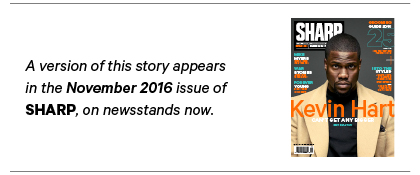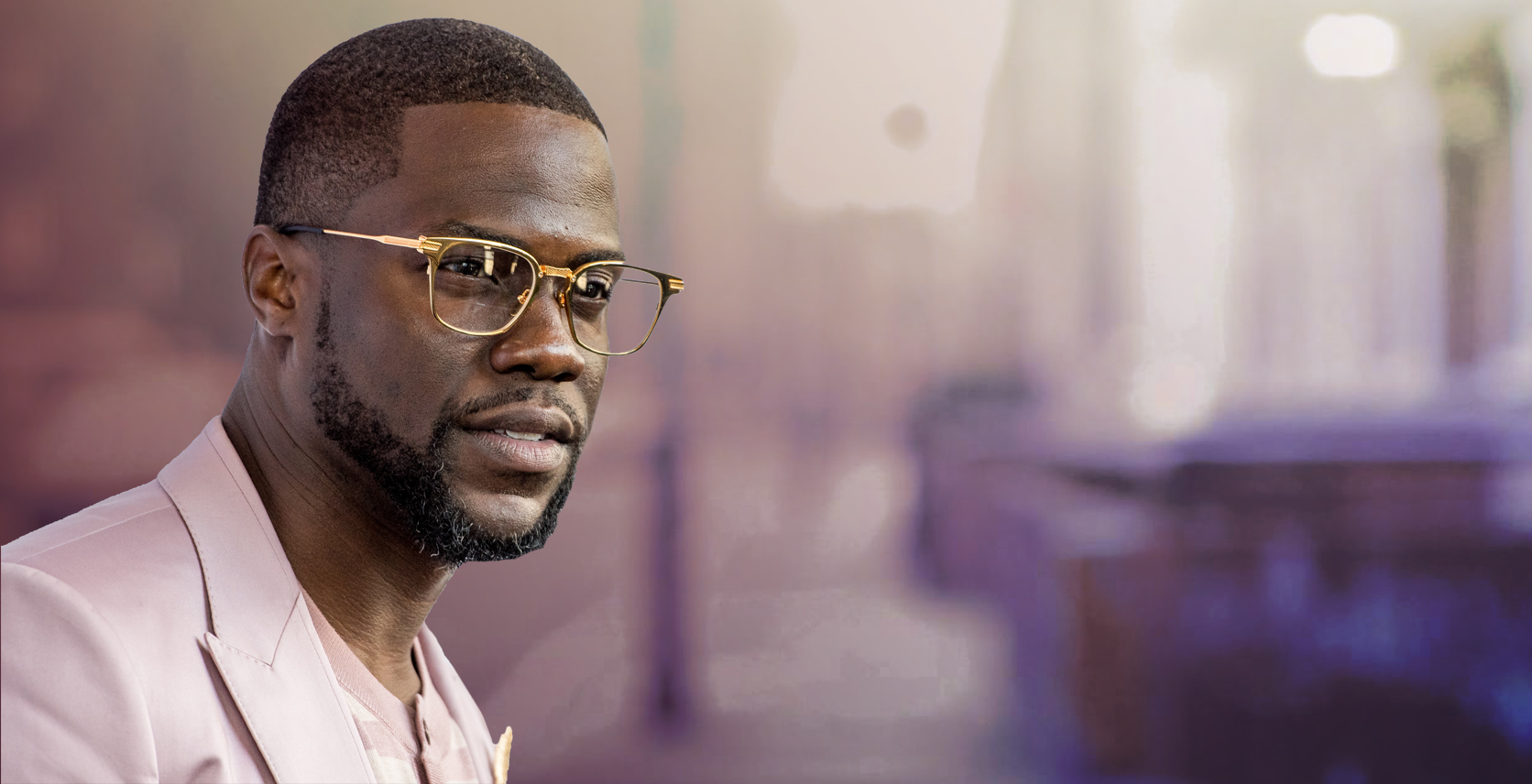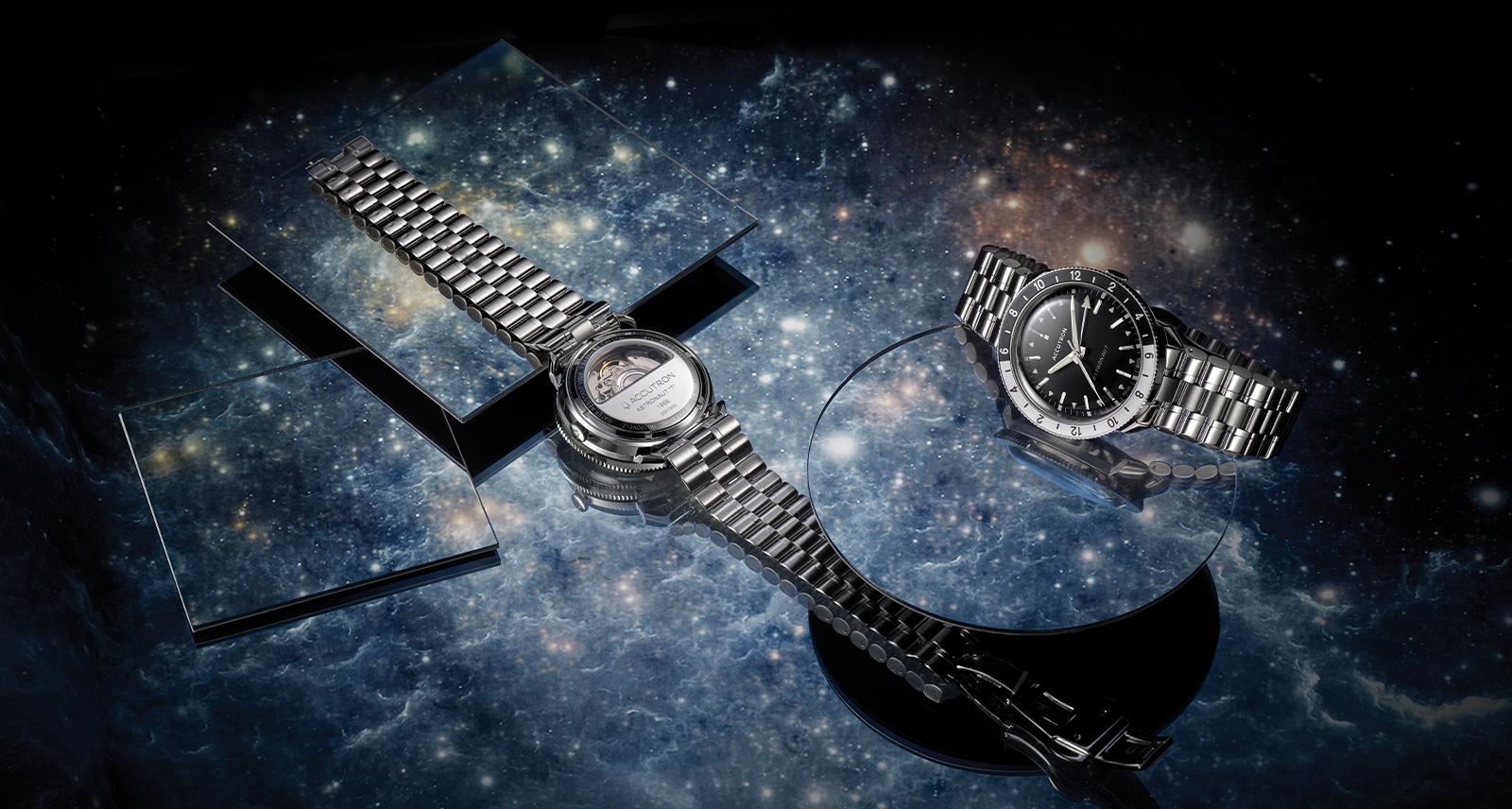Kevin Hart Is the Hardest Working Man in Show Business
Wednesday afternoon and it’s already been a long week. It’s always a long week – long weeks full of long days. Up at five, work all day, meetings, phoners, photos, promo, family, bed. That’s the fucking hustle, man. That’s making the dream.
At least, this is what I get from Kevin Hart, who is late to the interview by a couple of hours and yawning. Yawning hard. He talks with a distant vocal fry, his voice soft and deadening from pure exhaustion. “Hang on, man, hang on,” he says, kind of to me and kind of to whoever else is in the car. “Yo I think there’s a Starbucks back there, let’s get in there.” The man needs a bit of an afternoon pick-me-up. He needs to stop, even for a half a second, and take in some coffee — which he insists he doesn’t drink a lot of. In the meantime, before his driver finds that Starbucks, he’s going to keep plowing through as best he can, running on fumes of adrenaline and yawning if he damn well has to.
Kevin Hart does more in a day than most people do in a month — and that’s not really an exaggeration. He’s up early to work out, which he does everyday, no matter what he’s scheduled to do after that. (Need proof? Check his Instagram, where he has 42 million followers — or really, anywhere there are pictures on the Internet — and you’ll find it. The man is built. Sculpted. Buff.) If he doesn’t go to the gym, if for some reason his schedule doesn’t allow, he’ll run, at least six or seven miles. (Sometimes he’ll even call his fans out to join him, breaking a collective sweat before he goes onstage.) Then it’s a rapid-fire succession of events in his roles as a comedian, actor, producer, and aspiring Hollywood Big Shot.

It’s not just breathless running, either. In the past 18 months or so, Hart has starred in five blockbuster movies (most recently Central Intelligence, opposite Dwayne “The Rock” Johnson), finished a massive comedy tour and launched its accompanying special feature (What Now?), continued starring in the semi-reality show Real Husbands of Hollywood, and started work on his next blockbuster, a sequel to Jumanji in which he stars, again, with The Rock.
So all this yawning on this Wednesday afternoon, it’s not off-putting, exactly, but it’s incongruous with the Kevin Hart I thought I knew — which is the Kevin Hart that Kevin Hart still wants me to believe in. Clearly, tired or not, the man sees himself as someone whose adrenaline is off the charts, who runs non-stop on the “pure, cold, real will and want to be successful.”
And you know what? The man knows what he’s doing.
…
Hart, who’s 37, grew up in Philadelphia, far, far away from the Hollywood lifestyle he’s come to embody. His dad wasn’t around much, but his mom was. He finished high school, moved to New York, sold shoes in Massachusetts for a while, and didn’t really start stand-up until he was back in Philly in his 20s, cruising the clubs and trying to get noticed. He called himself Lil Kev back then, because, yeah, he’s not tall. (The stage name was short-lived; the jokes about his stature were not.) Hart credits a lot of his later success to his mom, who supported him during this time of relentless striving, even though, he says bluntly, “My mom has never come to my show a day in her life, because she’s all religious. She doesn’t like comedy clubs.”
Ironically, Hart’s big break came in 2002 when he played a religious college student on Undeclared, Judd Apatow’s one-season follow-up to Freaks and Geeks. From there, he was in with the Apatow crowd, stealing scenes in movies like The 40-Year-Old Virgin and leveraging that big-screen notoriety to sell tickets to his comedy shows, attracting bigger and bigger audiences through much of the early 2000s.
Now it’s almost funny to ascribe such humble beginnings to Hart, who seems to be striving for nothing less than world domination. His last comedy tour, What Now?, is a perfect example of the kind of megalomaniacal excess that has become Hart’s signature. In the filmed special, expensively produced by Universal Pictures and released in theatres this month, Hart frames his stand-up set with a series of skits in which he plays a fictionalized version of himself, a tiny black James Bond-cum-comedian who has run through blood and fire and Halle Berry to get to his show. When he finally enters, he’s in Lincoln Financial Field, home of the NFL’s Philadelphia Eagles, and, gold-plated microphone in hand, performing in front of some 53,000 screaming fans. To this day, Hart claims to be the only comedian to repeatedly sell out football stadiums — a far cry from the dingy 100-seat rooms he started in.
There is an argument to be made here that Hart is the ultimate sell-out — that he’s traded any semblance of artistic credibility or comedic edge to appeal to the widest possible cross-section of people. It’s hard to imagine Louis C.K. or Aziz Ansari playing to that many adoring fans (they’ve both headlined shows at Madison Square Garden, but at about 15,000 people, that’s still a small fraction of a football stadium); it’s even harder to imagine Hart’s idols, guys like Richard Pryor or Chris Rock or even Jerry Seinfeld, playing to audiences as big and diverse as Hart does. And for today’s comedy nerds, there’s little in a Kevin Hart set of parenting and short-person jokes to get excited about. He may be breaking attendance records, but he’s not breaking new comedic ground. His movies play it similarly safe — to the point of near-universal critical shrugging off. His biggest starring vehicles of the last year — The Wedding Ringer, Get Hard, and Ride Along 2 — average about 20 per cent on Rotten Tomatoes. (Central Intelligence improves his average, scoring a whopping 69 per cent.) As Justin Bieber put it at his Comedy Central roast last year, which Hart hosted, “I love Kevin Hart’s career plan: do everything Martin Lawrence did, only shittier.”
Bieber may be right about one thing, though: it is a plan. Hart’s conquering of the middle ground is entirely by design. He is family friendly. He is white and black and latino friendly. He is, well, friendly — a happy, successful, contented antidote to comedy’s famous curmudgeons and eccentric loonies. I don’t mean this in a bad way, either. He’s very good at what he does — not un-funny, just un-niche. This makes him sponsor friendly, too, and he’s managed to carve out a very good living for himself by being as broadly likeable as possible.
…
“I woke up with the attitude of a winner this morning DID YOU???? I got Making History on my mind damn… as a matter of fact it’s a PRIORITY.”
This is Kevin Hart’s first tweet of the day, sent at about six in the morning Los Angeles time on this unassuming Wednesday — or about seven hours before we talk. It’s a random example, but it’s indicative of the kind of feed he runs, of the kind of rapid-fire thoughts he shares with some 31 million followers multiple times every day. If you read the tweet as combative — as a challenge to anyone else who bothered to wake up that particular morning — there’s no question Kevin Hart is winning. If you view it as inspirational, well, he’s winning, too. Kevin Hart is a model of how to set crazy-high dreams and pursue them at all costs. “There are no days off,” he tells me, as he continues running me through his hectic schedule and searching valiantly for that coffee. “That’s the one piece of information that I can give you that I think is very important and very valid. I take advantage of every day. I treat them all as just as important as the important ones.”
Is he making history? That’s probably a reach, especially since it’s unclear what that even means in relation to comedy. But is he making his own life pretty damn exceptional? That’s a hard and emphatic yes. Hart is easily the highest-paid comedian in the world, and, notably, the first comedian to make more than Jerry Seinfeld, the previous record holder (by a long shot). More impressively, Hart recently ranked sixth on Forbes’ list of the 100 highest-paid celebrities; according to Forbes, he made about $87 million last year — more than tripling his previous year’s income thanks to that epic arena tour and all those movies, and bringing his estimated net worth to somewhere in the $130 million range. (If you’re wondering what he spends that money on, check back in on that Instagram feed we talked about, and you’ll find a parade of Louboutin sneakers, Goyard luggage, private jets, and custom GTOs.)
Then again, even as he’s telling me about what that aforementioned PRIORITY really boils down to, he’s yawning. Excited, ambitious, frenetic, exhausted. Turns out, that’s how you build an empire. “What it boils down to is understanding that I have a real opportunity — sorry for yawning — a big opportunity to really have an impact on my generation,” he says. “To make my name a presence felt. So what do I want my name to be associated with? What level of greatness can I reach so that when people see my name, they jump? That’s the mentality.”
This helps explains Hart’s diversity of projects. In addition to acting and writing and producing, he’s also shilling for H&M, starring in a series of delightful Odd Couple ads alongside David Beckham. He recently launched an app, KEVMOJI by Kevin Hart, which lets you send his wildly expressive face to your friends via text message. He teamed up with the tech company Muzik One to help create and sell a pair of smart headphones. He designed a pair of shoes, the Hustle Harts, for Nike — and launched a Nike+ app workout video (with Serena Williams) while wearing them. And he does all this while touring, filming, promoting, and running. Always, always running. Kevin Hart is covering some serious ground, trying to make his mark everywhere he can. “There’s an eye that’s on the prize and that prize is of achieving greatness. The thing I want to do the most is become a mogul,” he says. “Jay-Z is a great example to use. He’s a guy who always goes against the odds and defeats the odds. So if I can continue to follow his footsteps in comedy, I will.”
The Jay-Z of comedy. If anyone’s up for the challenge, it’s Kevin Hart. The next step is finding that Starbucks.










